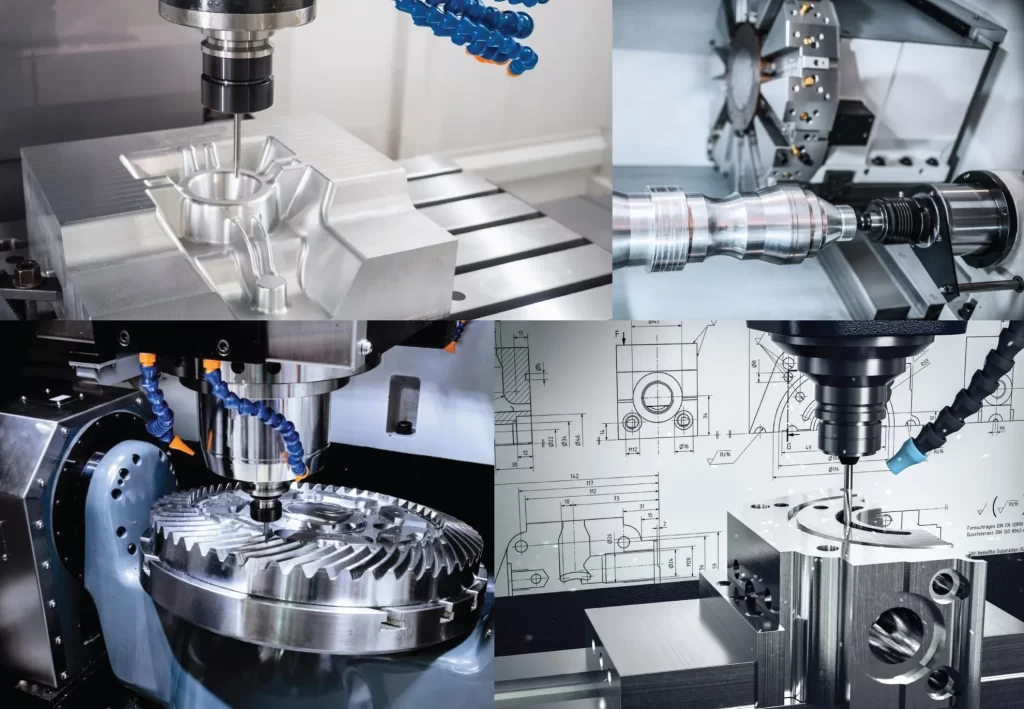Elevate Product Quality Using High-Tolerance Steel Turned Components
Elevating product quality is a crucial objective for manufacturers across industries, and one of the most effective ways to achieve this is through the use of high-tolerance steel turned components. These precision-engineered parts play a pivotal role in enhancing the reliability, performance, and overall value of the final products they become part of. By focusing on high-tolerance steel components, companies can push the boundaries of quality standards, meeting increasingly stringent customer expectations and regulatory requirements in today’s competitive market. Steel turned components, produced via CNC turning processes, are known for their exceptional precision and durability. When manufactured to high tolerances, these components ensure a perfect fit and consistent performance in assemblies, which significantly reduces the likelihood of mechanical failure, wear, or operational inefficiency. This level of precision is especially critical in sectors such as automotive, aerospace, medical devices, and industrial machinery, where even minor deviations can compromise safety, functionality, or longevity.

By leveraging advanced turning techniques and stringent quality control measures, manufacturers can produce steel components with tolerance levels measured in microns, ensuring that every steel turned parts meets exacting dimensional and surface finish standards. The choice of steel as the material further elevates product quality. Steel’s inherent strength, toughness, and resistance to wear and corrosion make it ideal for components that must endure high stresses and harsh environments. When paired with high-tolerance machining, steel components deliver a superior combination of durability and precision, reducing the need for frequent replacements or maintenance. This not only extends the lifecycle of the final product but also enhances user satisfaction and reduces operational costs. Additionally, the availability of various steel alloys allows manufacturers to tailor components to specific application requirements, optimizing performance characteristics such as hardness, tensile strength, and thermal stability.
Accurate, consistent parts minimize the risk of assembly errors and rework, which can lead to significant time and resource savings. This reliability also supports automated assembly lines, where precision and uniformity are essential to maintain speed and throughput. Moreover, investing in high-quality steel components can improve supply chain resilience by reducing defect rates and ensuring timely delivery of finished products, thereby enhancing overall manufacturing agility. In today’s market, where consumers and Uneed businesses demand products that combine innovation, reliability, and sustainability, high-tolerance steel turned components stand out as a strategic advantage. Their ability to uphold stringent quality criteria while supporting scalable manufacturing processes makes them indispensable in delivering cutting-edge solutions. As industries continue to evolve, embracing these precision components will be critical to maintaining competitive differentiation and achieving long-term success. This holistic approach results in superior products that perform consistently, last longer, and ultimately provide greater value to both manufacturers and end-users alike. Companies that prioritize high-tolerance steel components today are investing in a foundation of excellence that will drive innovation and quality well into the future.
